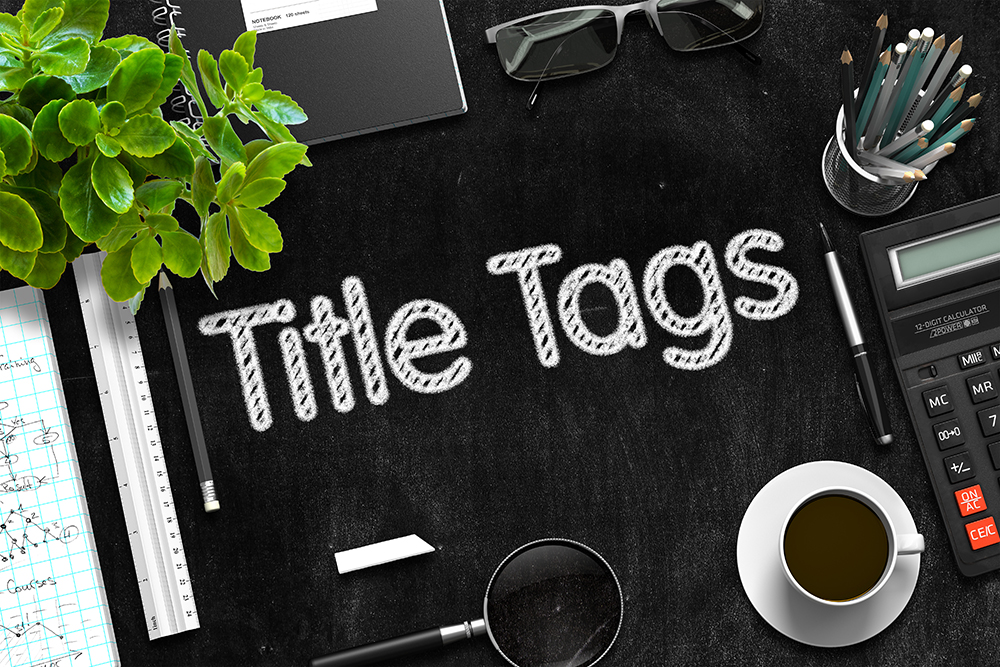It’s time to revisit the old SEO cookbook here, particularly after reading a lot of opinions on a trivial topic with a prevalent answer already outlined in black and white. There is a lot of speculation that strategic placement of keywords within the HTML elements of a page do not make your page any more or less favourable to search engine crawlers.
If you believed this assumption to be true, you’re wrong!
A web page is like a blank canvas, although there are a myriad number of places to place your keywords within the web page, there will always remain to be elements that are more visible than others – to both the human eye, as well as the eyes of the search engine. Strategic keyword placement can potentially increase both your online conversions, as well as your search engine rank. Here’s why:
Title Tags – The first 60-70 characters (incl. spaces) and what is included within them is seen to be the most imperative organic search engine ranking factor. Why? These are the keywords that translate the main theme of your website to search engines. When you’re created a website, you should ensure that all of your pages are optimised with uniquely written meta title tags. If you’re running an E-Commerce website with thousands of pages, you should generate a unique format that pulls your Meta title tags from database information. Include your primary keywords towards the front of the title tag, aim for a max. of 3 keyword inclusions within your meta page titles if you can fit them all in 70 characters.
One important thing to note is, meta title tags are visible on search engine result pages. When you’re writing these, it is best to keep in mind that it will be visible to your average user. Read your titles back to yourself when you have written them, if they don’t make sense to you then they need some more work.
You may think that structuring titles is easy, but they actually require some intense thinking. Here’s some pointers based on my own personal experience writing these kill-joys (I says kill-joy because too much title tag writing can drive you insane! Especially if you’re doing more than 50 pages in one sitting):
- Have a master keyword list – you should have conducted thorough keyword research around your main website theme before you start work on optimising your web page. It helps keep your keywords consistent if you have a measurable list to refer to.
- Start top-level and work your way down – Start within the sitemap of your web page. Identify your top level themes. Commonly, these will end with a singular sub-directory.
- Top Level Themes – Use relevant, highly competitive terms. These are the pages that will carry the most authority as your website matures.
- Refine keyword themes as you work down each level – Specific product pages for example should relate to the product itself.
Some construction pointers:
It’s all about keyword relevance and proximity. You don’t have to write a sentence in your title tags for it to be lucid enough for readers to understand. Select 5 keywords relevant to your theme.
Write the title for the user, but be search engine conscious. Do this and you’ll have yourself some clean and crisp title tags to complement your on-site SEO!


